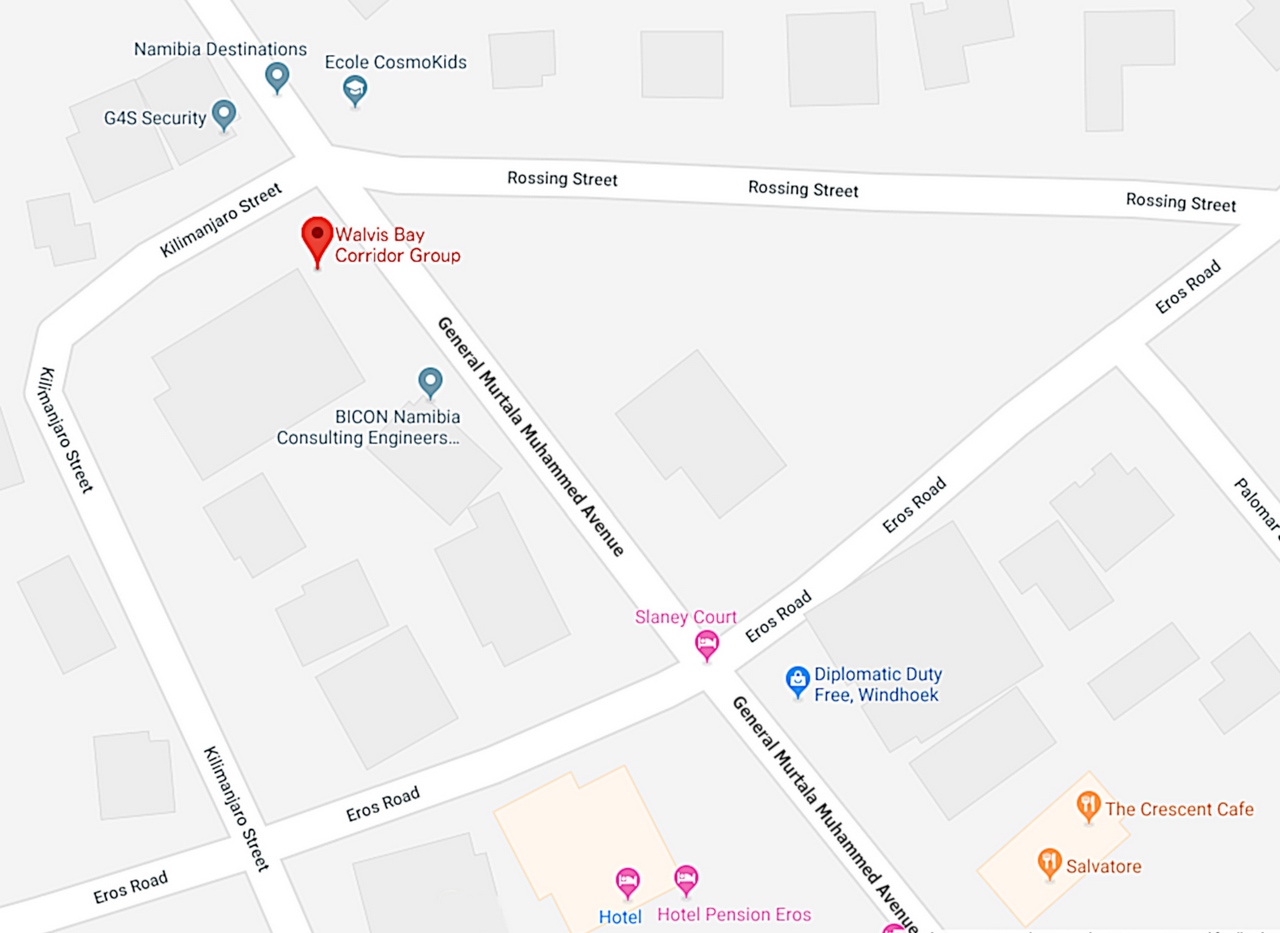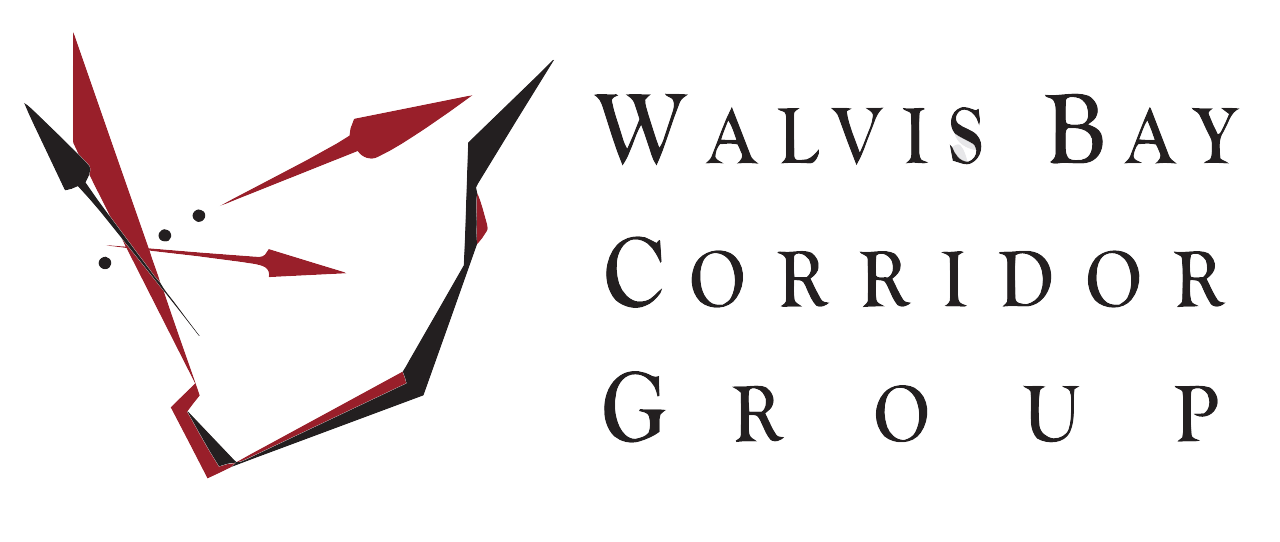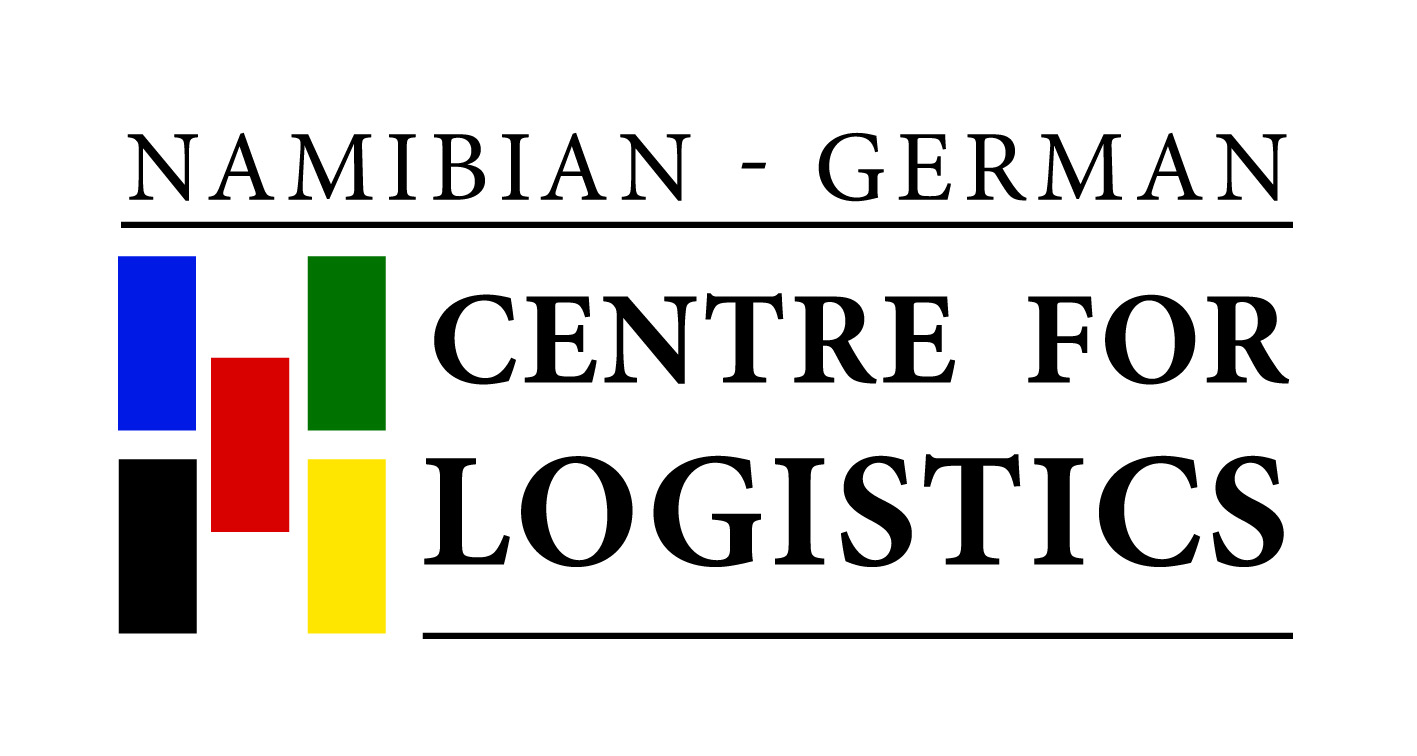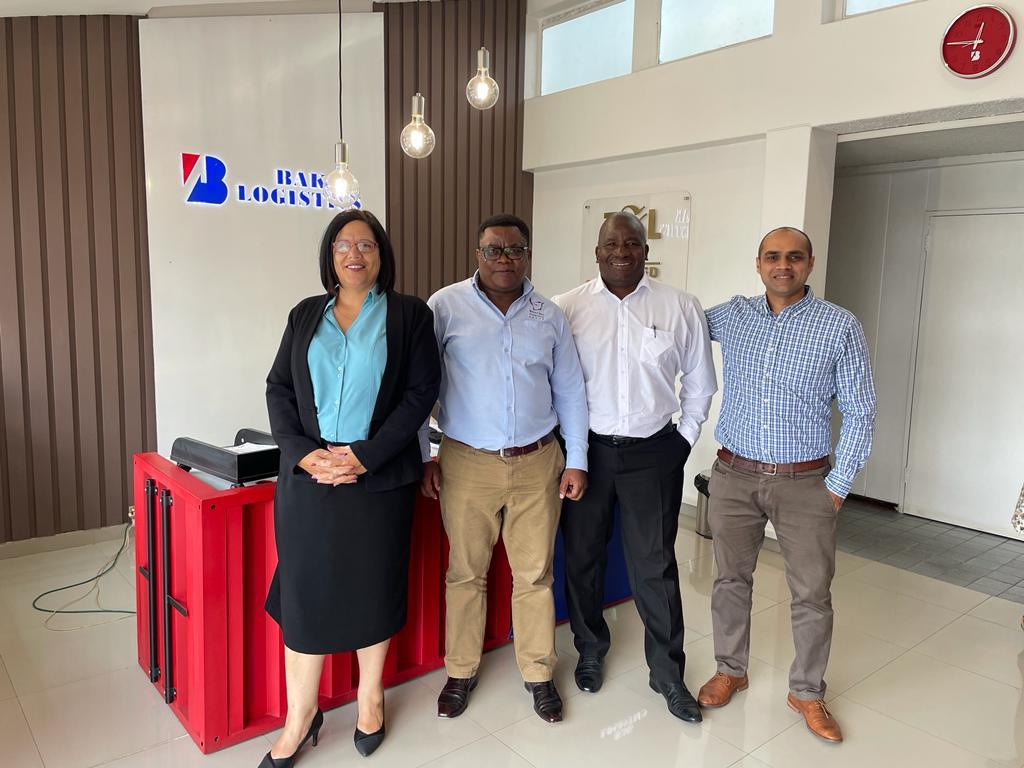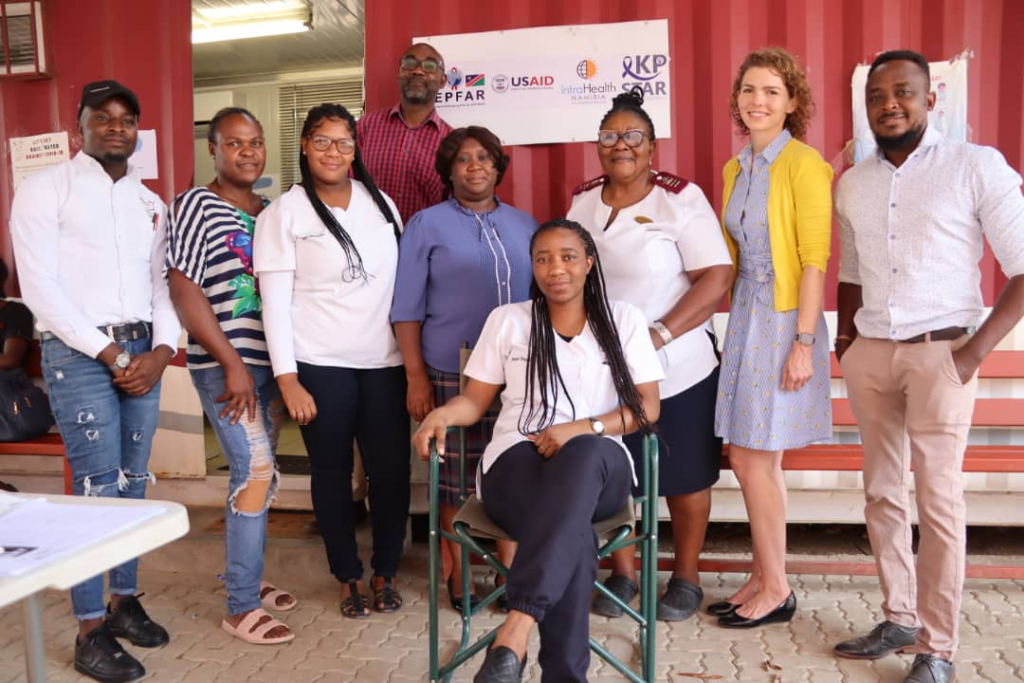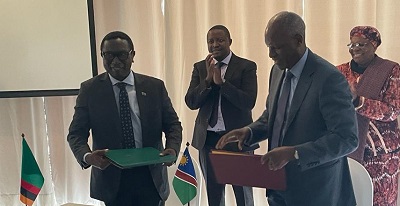NGCL – Namibia’s Gem in Transport and Logistics
Posted: 11 Mar 2019
During the earlier 2000s, the logistics industry perceived transport as the main component of logistics and supply chains. However, as the emphasis on logistics and supply chains grew, more and more developing nations started prioritising logistics and transport within their development plans. Namibia through its NDP_4 put logistics and transportation as one of the key pillars for development. This initiated the establishment of the Namibian-German Centre for Logistics (NGCL) in 2009, being the start of raising the awareness and the importance of education, research and training for the sector.
NGCL Director, Logan Fransman, said in an interview granted to the Walvis Bay Corridor Group that as a centre of excellence, NGCL created three pillars, which were to drive their directive and shape the industry: Education, Research and Consultancy. “Our mandate to develop a plethora of academic and professional qualifications for logistics came through a lack thereof”, Fransman stated.
As one of the critical pillars of any country’s economic development, transport and logistics require professional understanding and knowledge of the principles of trade amongst mixed economies, theory of modern economics, international and regional business practices, as well as possessing the skills needed to maintain networks with stakeholders. “After assessing the market, the centre had an early objective to develop undergraduate to master programs for the Logistics and Transport sector, clearly seeing the need to produce the human capital to run the future trade facilitating aspirations of Namibia”, Fransman says.
“Our research on the country’s skills gap and capacity needs has highlighted that the industry falls short on the softer skills such as the ability to prioritise or to communicate effectively, while providing international levels of customer service”, Fransman explained. To achieve the desired workforce, there should be a high quality of the training that is complemented by the transferring of knowledge. This is particularly necessary for the logistics and transport sector that rely on both knowledge and experience. The transfer of knowledge through internships, hands-on training and mentorship are known as a few effective ways to produce a well-rounded workforce. It is imperative to show the real benefits of knowledge through the processes of business while combining it with the personal touch of an experienced individual. “We are therefore working towards a country mentorship programme to partner people with specialist skills with individuals that seek to develop their skills and build up networks. The practical guidance and exposure of such a programme can provide for an engaged and better–trained workforce.”
As this industry is dominated and orientated by experience versus certification, the centre’s dedication toward closing this gap should be commended. NGCL thus serves both school leavers and industry, by providing education that allows for progression on a professional level and access to University academic programmes. “To cater for the industry, we ventured into Professional Body Education that is registered in the country of origin, and which can easily articulate to the Namibian Qualifications Framework. We can, therefore, offer certificates, diplomas and advanced diplomas in logistics and transport and other related disciplines as well, Fransman said.”
Meanwhile, NGCL continues to maintain its reach all over the country via workshops, roadshows, capacity building and technical assistance efforts. As an institute of the Namibia University of Science and Technology (NUST) partnership with Flensburg University of Applied Sciences (FUAS), NGCL continuously pursues partnerships to engage and extend their service offering. Fransman says that they are currently in talks to start offering specialised certifications, i.e. Port Operations, Operations Management and Border Management. Additionally, the centre will continue to avail academics and students on all levels to assist both private and public stakeholders through attachments, research and consultancy. “The challenge, however, remains with our work integrated learning components as practical experience is a requirement to graduate on our academic programmes. We need the support from industry to open their doors to attachments for our students”.
NGCL’s role in the transport and logistics industry remains crucial because a holistic approach in providing competency at all levels is needed, and the institute is strategically positioned to contribute to the country’s capacity building initiatives. This coupled with the institute’s drive to bring together government; the private sector and academia should assist in catapulting Namibia toward a regional Logistics Hub.
For more information on the courses and programs offered by NGCL, please visit their website at www.centreforlogistics.org
